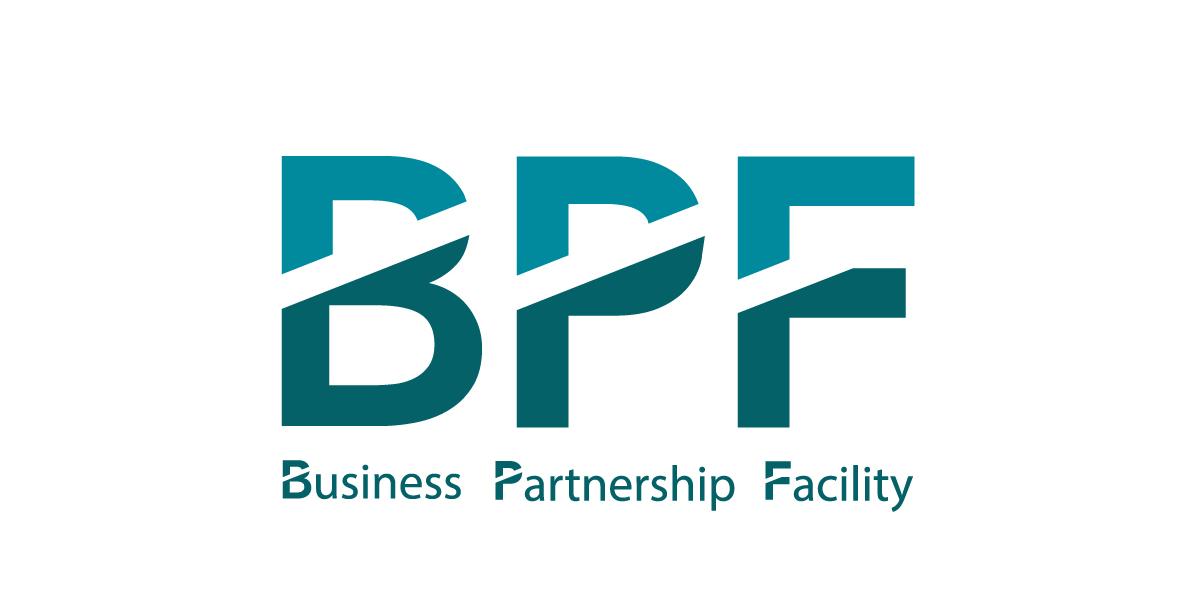Business Partnership Facility : grant support for social impact enterprises is ‘successful model’

The Business Partnership Facility support programme run by the Belgian Development Cooperation and the King Baudouin Foundation is a “successful model that is responding to a clear need”, according to a mid-term external assessment of its activities. The programme has already supported dozens of enterprise projects in developing countries contributing towards the Sustainable Development Goals. It will still support new projects until the end of 2023.
The Business Partnership Facility (BPF) ‘Enterprises for SDGs’ programme, launched in 2018, is funded by the Belgian Development Cooperation (DGD) and managed by the King Baudouin Foundation. It provides grants to enterprise projects in developing countries that are working towards at least one of the Sustainable Development Goals (SDGs), the 17 goals set out by the UN intended to eliminate extreme poverty and make our world more sustainable by 2030.
With match-funded grants from 50,000 to 200,000 euros, BPF is currently supporting 36 small and medium-sized enterprises that are making a social impact across 20 countries - more than 70% of which are in Africa - with funding totalling more than 5,8 million euros. Their activities in the field cover a wide range of activities, from digital health tools to solar and hydro power, from sustainable agriculture to recycling, and from eco-friendly construction to safe drinking water.
Successful model
A review of the programme, carried out earlier this year by ACE Europe and I&S Consulting (Mechelen, Belgium), said that “BPF has proven to be a workable and relevant model to support the realisation of SDGs in countries in the South”.
Among the positive points made, the evaluators said the mix of non-refundable grants with matching funds from a partner was serving the programme’s objectives well and was appreciated by grantees. The grants are useful for supporting innovation while allowing enterprises to adjust their model and practices as they move beyond the start-up phase to become a more self-sustained commercial entity with a social and environmental impact. They also commented that the application and selection procedure managed by KBF is “efficient and well organised” with sufficient checks and balances.
Good practices
Among the projects visited by local consultants was social investment company African Drive, which supports the creation of new sustainable businesses in Africa. With the BPF funds it is seeking to create Baobab Energie, in Benin. The enterprise aims to build a new ecosystem that uses high-capacity rechargeable batteries to simultaneously encourage the use of electric mopeds while improving air quality and overall access to electricity.
Another, in Tanzania, is a BPF-backed partnership between Guavay Company Ltd and Kilimo Trust Tanzania, which is scaling up production of organic fertiliser to strengthen the sustainable avocado value chain in the southern highlands. The production and distribution via 25 agro-dealers will create 90 jobs and improve productivity and income for farmers.
Many BPF-supported projects touch on several of the UN’s SDGs, such as its partnership with Congretrix in inflation-hit Zimbabwe. The project is creating local micro solar-powered bakeries to supply affordable bread. They are being run by local female entrepreneurs and creating jobs for unemployed people. Tendani Madondo, a renewable energy specialist involved in the project, said: “This could not have come at a more opportune moment. There is a strong demand for healthy and affordable bread in Zimbabwe. And we are going to provide that locally and sustainably.”
Next calls
The Business Partnership Facility ‘Enterprises for SDGs’ programme supports viable, entrepreneurial business initiatives with a strong social impact which are scalable and replicable. There will be 4 more calls for projects before the programme ceases at the end of 2023.
The geographical area of the projects supported will, however, focus on 26 African countries* and Palestinian Territories. The next calls will also focus on 3 dimensions: climate, gender and decent work. All applications will now have to fit into at least one of these priority themes.
* Algeria, Benin, Burkina Faso, Burundi, Cameroon, Côte d’Ivoire, DR Congo, Egypt, Ethiopia, Ghana, Guinea, Kenya, Madagascar, Malawi, Mali, Morocco, Mozambique, Niger, Nigeria, Rwanda, Senegal, South Africa, Tanzania, Tunisia, Uganda, Zambia.